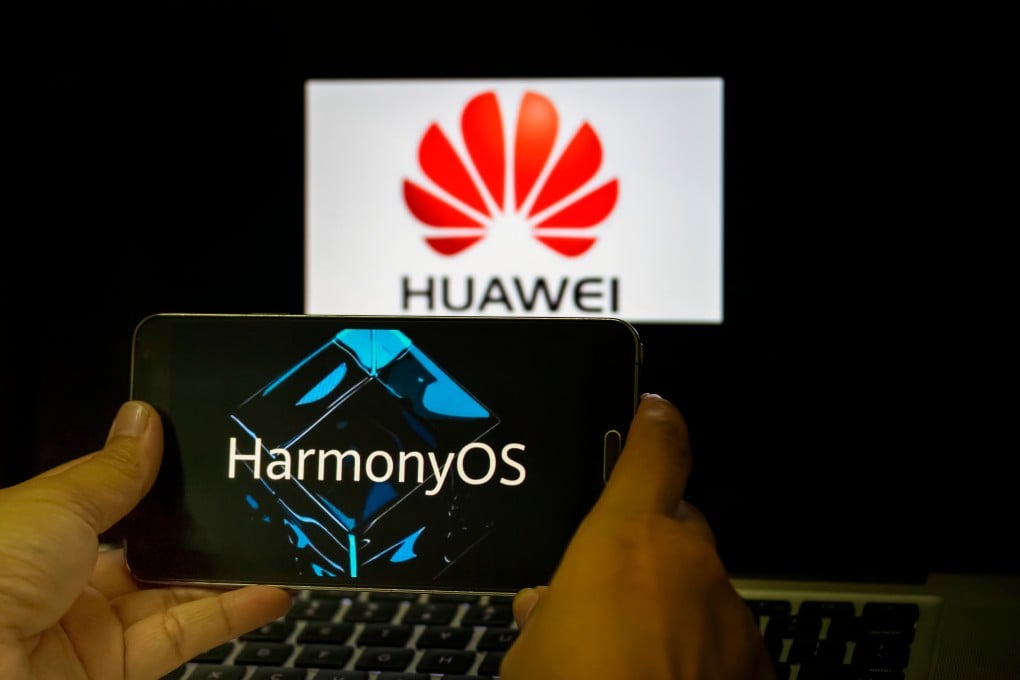Advertisement
Alibaba adds 11 apps to Huawei’s HarmonyOS, bringing Xianyu, Fliggy and more to China’s Android rival
- Alibaba will develop native HarmonyOS applications for platforms including its Cainiao courier service and food delivery app Ele.me
- Several other tech firms including JD.com, Meituan and Xiaohongshu are also working on native apps for Huawei’s OS, which is expected to overtake iOS in China
Reading Time:2 minutes
Why you can trust SCMP
2

Alibaba Group Holding is partnering with US-sanctioned Huawei Technologies to develop native versions of the e-commerce giant’s apps for the smartphone maker’s operating system HarmonyOS, which is meant to take on Google’s Android and Apple’s iOS in mainland China.
Eleven applications under Alibaba Group – including second-hand trading platform Xianyu, online travel platform Fliggy, courier service provider Cainiao, and food delivery app Ele.me – will get native applications for HarmonyOS, Huawei Mobile Service announced in a statement on Thursday.
Alibaba, owner of the South China Morning Post, has been one of the most aggressive in getting native applications on the operating system, which only recently stopped supporting Android apps. Alibaba’s Taobao, China’s largest e-commerce platform, signed a deal last month committing to HarmonyOS development. That came after Alibaba developed native versions of workplace collaboration app DingTalk and the online mapping service Amap last year.
Advertisement
Alipay, the mainland’s largest digital payment app owned by Alibaba fintech affiliate Ant Group, also agreed to develop a HarmonyOS app in December.
Huawei has been publicly developing HarmonyOS since August 2019, when it unveiled the existence of its in-house operating system three months after Washington added the company to its Entity List, barring American firms from supplying the telecoms equipment maker without authorisation.
Advertisement
Early versions were criticised as being little more than a variant of Android, but the latest version released last month, HarmonyOS Next, has seen the competing systems further diverge.
Advertisement
Select Voice
Select Speed
1.00x